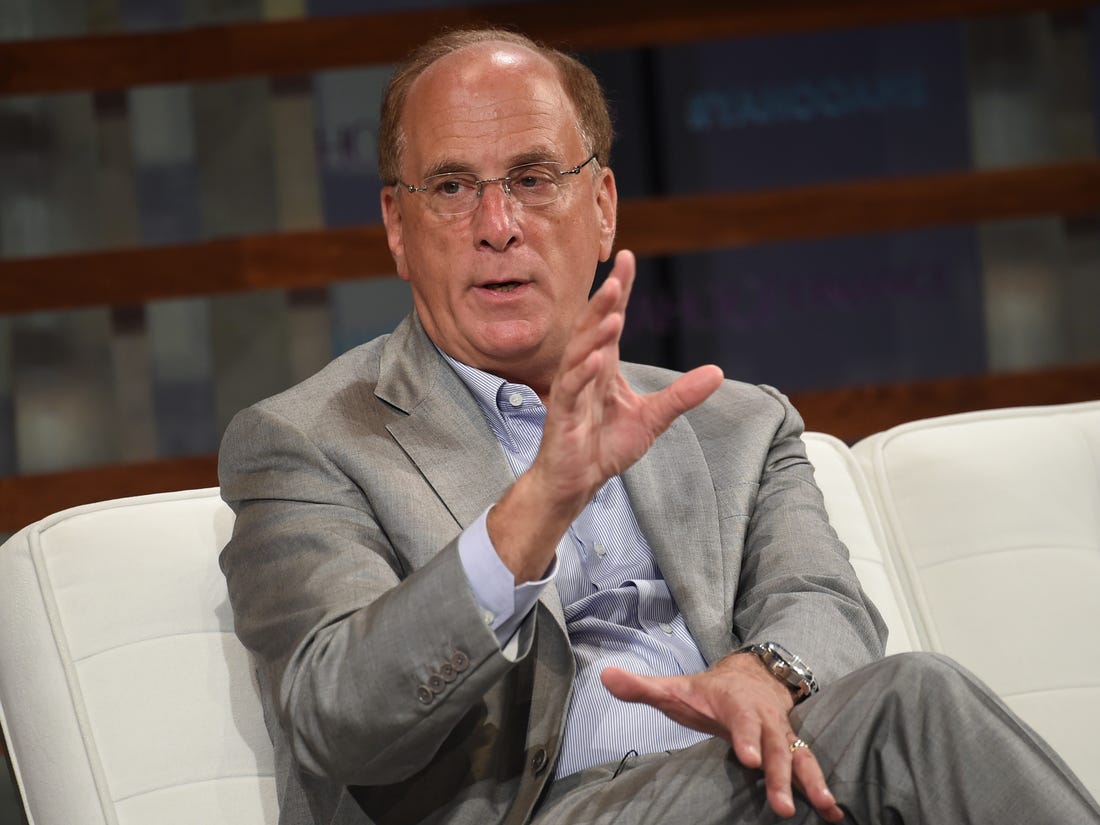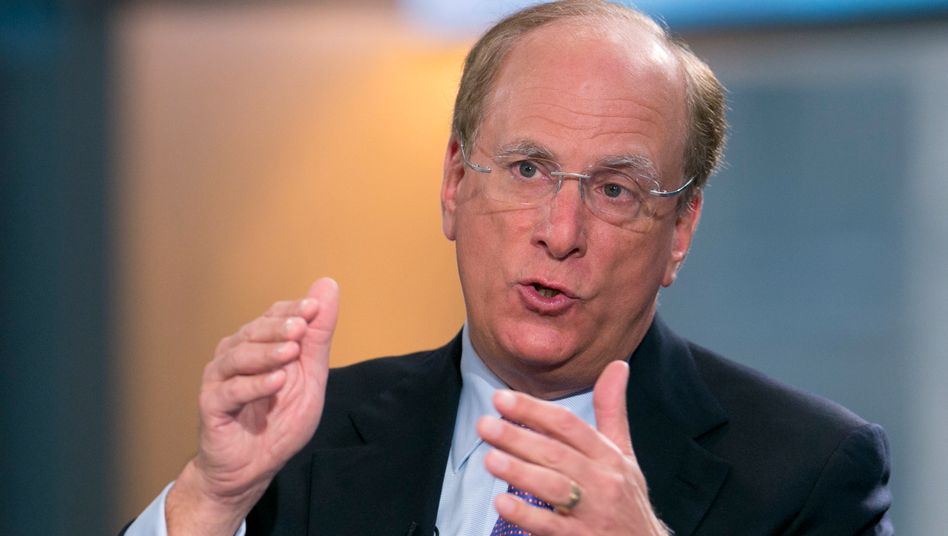


In particular, he recommends reallocating capital from some indexed products toward an emerging class of strategies with more verifiable social and environmental benefits. Keeley provides comprehensive solutions that would promote more inclusive, sustainable growth. Most importantly, business and finance cannot cure social ills on their own: regulators, public policies, civil society, and individuals must all play specific, complementary roles to shape the future we want. Divestment threats are ineffective tools for altering corporate behavior, and verifiably “good” companies do not systematically generate great returns. Terrence Keeley argues that many ESG advocates have been overly optimistic about what it can accomplish. Are they working as promised? If not, how can they be improved? In Sustainable, a finance-industry veteran offers an insider’s look at the promises, prospects, and perils of ESG investing. ESG-integrated investments already encompass more than $120 trillion in financial assets. They argue that ESG financial strategies can help reverse runaway carbon emissions and fix income and gender inequalities, among other ills. Should business and finance play larger roles in resolving the great social and environmental challenges of our time? Proponents of environmental, social, and governance (ESG) investing say yes.


 0 kommentar(er)
0 kommentar(er)
